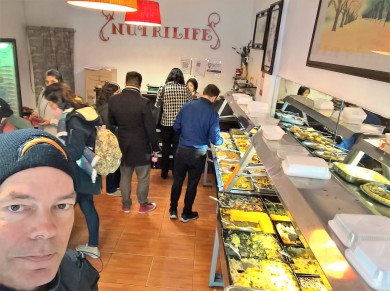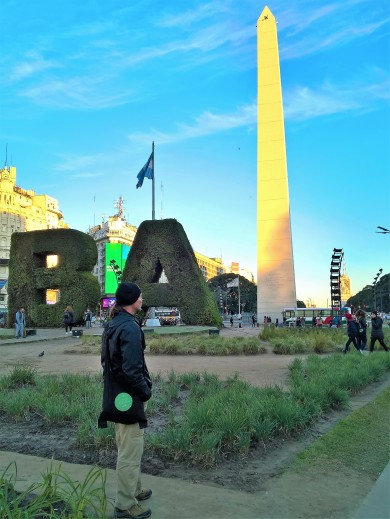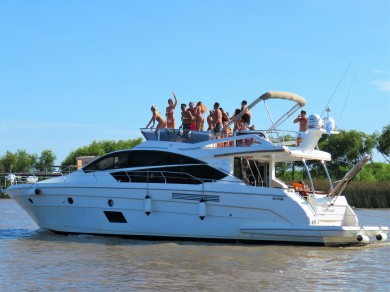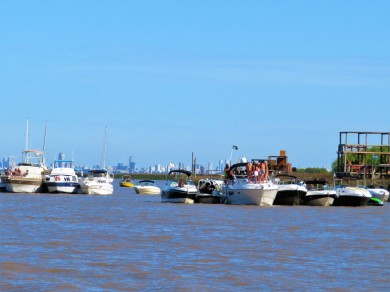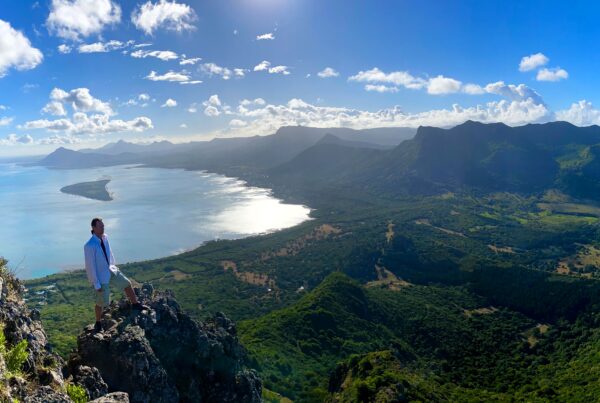“Argentina’s leaders flunked Econ 101, Sis, so now they’re serial defaulters.”
Argentina is the world’s only country to regress from “developed” back to “developing,” the only nation to start rich and end up poor. Argentina defaulted on their international loans in July 2020—while I was happily stuck in Corrientes, aka pandemic paradise—for the ninth time in their short history, and third time in just twenty years!
But Argentina is among the world’s largest exporters of wheat, soybeans, beef, pig-food, wine, trucks, and kick-ass fútbol players. How the hell did Argentina sail into this economic shit storm?
Two hundred years ago the United States and Argentina were both newbie nations with enormous potential and many similarities; We both knocked out colonial heavyweights for our independence, we both have huge land masses with well-developed manufacturing, oil, and tourism industries, and we’re both settler-nations that massacred our indigenous people.
American cowboys and Argentine gauchos both herd cattle over vast expanses of fertile farmland. Argentina’s income per person was in the world’s top five in 1929; Great Britain was the only European country wealthier than Argentina.
“A hundred years ago, cowboys and gauchos galloped off into completely different economic sunsets.”
Argentina’s economy has been mismanaged since day one. During colonial times, Spain required all its colonies to import and export everything through Spanish ports, using Spanish traders, on Spanish ships, and paying Spanish taxes. Efficiency and free trade had nothing to do with it.
Argentina’s huge underground economy emerged because Spain required exports of grain, beef, and leather goods to be transported through Peru. Argentine traders became avid smugglers over two hundred years ago. Today, almost half of Argentina’s economy is under-the-table.
Starting in the 1950s Argentina’s government—the populist Peronista political movement started by Evita’s hubby Juan Perón in 1946—borrowed money to pay consumer subsidies to lower the prices of electricity, natural gas, telephones, bus tickets, you name it.
“The Peronistas kept running budget deficits—which means they continued binge-shopping on their credit card—until Argentina went bankrupt, over, and over.”
In the 1970s and 80s Argentina suffered multiple economic meltdowns with hyper-inflation—think of shopping with wheel barrels full of pesos. Finally, the government implemented policies in the 1990s that normal democracies use; like transparent financial management, free trade, privatization, and reduced government bureaucracy. Argentina even passed the Law of Fiscal Responsibility in 1999.
But the brief period of spending like grown-ups didn’t last long.
In 2004, President Cristina Fernández de Kirchner—who is now the vice president!?—resorted to wacky financing; the government printed millions of pesos, domestic banks were forced to buy worthless government bonds, budget transparency ended, and fiscal and monetary discipline went out the window.
“Worst of all, President Kirchner was busted for manipulating Argentina’s CPI (consumer price index) to hide real inflation statistics.”
In 2012, President Kirchner’s government nationalized the Spanish-owned YPF oil company. Nationalize is a fancy word for government robbery of private business.
Mauricio Macri was elected president in 2015 on a platform of change; Macri started chipping away at structural reforms and removed the “cepo al dólar” restrictions on exchanging dollars, reduced consumer subsidies, renegotiated Argentina’s loans with international lenders, and lowered agricultural export taxes. Macri also created a new CPI to measure inflation—replacing Kirchner’s fake CPI—and committed to improving Argentina-US relations.
The new Argentine president—Alberto Fernández—took over in January 2020 and the Covid19 pandemic hit in March. President Fernández has frozen utility prices, increased wages, prohibited layoffs, and given tax rebates to low-income Argentines.
In true Peronista fashion, Fernández told the IMF that Argentina will not implement “austerity” measures such as cutting electricity and bus ticket subsidies.
Today Argentines have less than half the average income per capita of the twelve, core countries in Western Europe and 40% of the population lives in poverty. Forty percent! Argentina’s total credit card debt is over $324 billion dollars now.
“How are the Peronistas going to fix 70 years of economic quackery?”
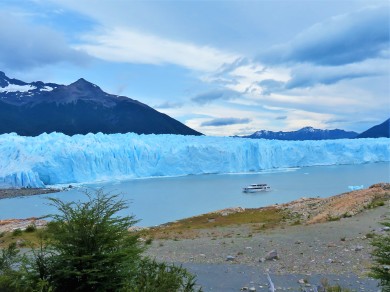
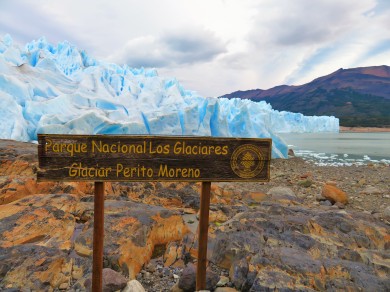
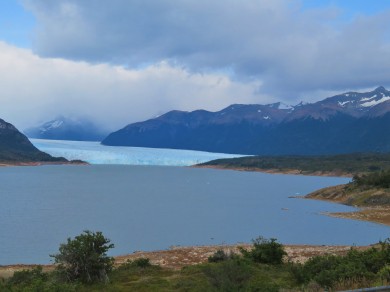
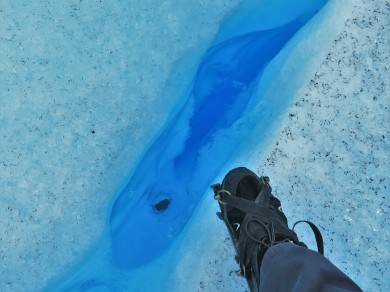

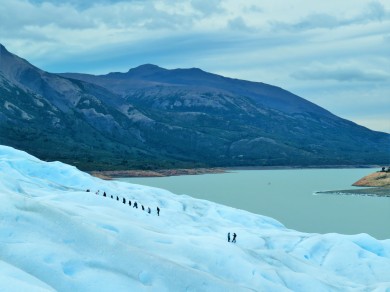
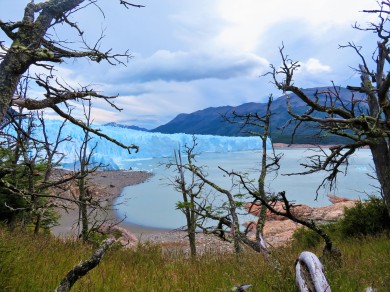
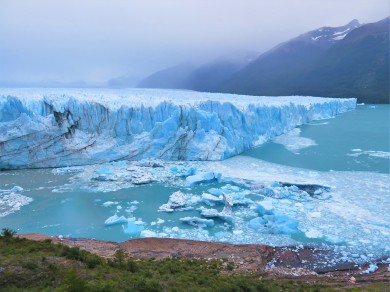
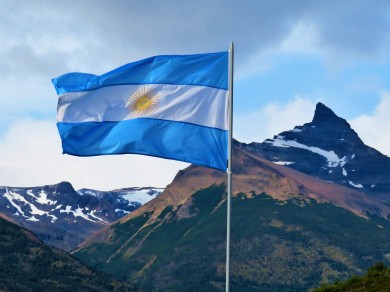
The single most important factor affecting Argentina’s economy is confidence. Argentines have no confidence in their government and neither do foreign investors.
Argentina won’t have economic growth without investment, but multinational corporations won’t invest in a country that’s famous for state intervention, macroeconomic distortions, and labor disputes. And the only way to stop the Argentine peso’s free-fall is to restore confidence in the international foreign exchange market.
The Peronistas also need to win back their own people’s confidence; Argentines would repatriate billions of dollars they’ve invested overseas if the government could be trusted.
Remember dad always telling us, “The only sure things in life are death and taxes?” Well, tax evasion is a national pastime in Argentina.
“Argentine fathers say, ‘Why pay taxes if the government is just going to steal or waste it?’”
Only 2 in 5 Argentines work in the formal economy and the government suffers from low tax collection; cigarette taxes raise more revenue than income taxes. Argentine “negreros” are black market grain buyers and every farmer sells about 30-40% of their grain harvest off the books to evade taxes.
Former President Macri finally went after tax evaders; Argentina’s “King of Meat” Alberto Samid—who fled to Belize to avoid prosecution for tax evasion—was extradited and sentenced to four years in prison. Last month, Samid quibbled about being persecuted and Tweeted “Viva Perón!”
“Kirchner is suing Google because her Wikipedia page title briefly said, ‘Thief of the Nation’ instead of vice president. Hilarious!”
Argentine news is full of government corruption scandals. The government indicted current VP Kirchner in 2017 for money laundering and she has nine lawsuits pending against her; including the ‘cuadernos de las coimas or “bribery notebooks” detailing kickbacks from public works contracts to hundreds of businessmen, and la ruta del dinero K or “K-money route” involving widespread embezzlement of public funds. Kirchner is claiming immunity.
Argentina has one of the most state-controlled economies in the non-communist world. After fifteen years of doing business in Argentina, LATAM Airlines—Latin America’s largest airline based in Chile—is tapping out and leaving.
“The Peronistas didn’t get the memo about China’s Great Leap Backward or the Soviet Union’s faceplant.”
The Peronistas need to start respecting foreign investors and encourage private investment in Argentina. And most importantly, the Peronistas must balance the political benefits of public services with the political costs of raising revenue and reducing Argentina’s bloated bureaucracy.
A perfect example of Peronistas pissing away pesos was broadcasting Fútbol para Todos (FPT) from 2009 thru 2017. Imagine, Kim, if the US government paid the NFL billions of dollars to broadcast all football games on over-the-air TV, for free.
One of the most painful steps will be eliminating consumer subsidies. Argentina must target its poorest citizens with limited—not across-the-board—subsidies for electricity, gas, and transportation. Buenos Aires residents pay ten times less for electricity than their Brasileños and Uruguayos neighbors.
The International Monetary Fund (IMF) told the Peronistas to reduce their subsidies for bus, train, and subway fares, drawing the wrath of Argentines. Good luck with that during this pandemic.
“You’re right, Kim, the US operates huge budget deficits and owes trillions. But we digress.”
Argentina obviously has a huge nut to crack and the first step is to stop blaming others—like Wall Street “vulture” lenders—for their self-inflicted wounds.
I love Argentina, Sis, but their Peronistas need to retake Econ 101 and get their shit together. KV


